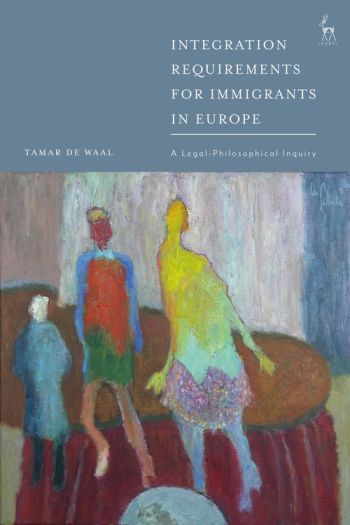
Based on legal-philosophical research informed by insights gleaned from empirical case studies, this book sets out three central claims about integration requirements as conditions for attaining increased rights (i.e. family migration, permanent residency and citizenship) in Europe:
The book draws on perspectives on immigrant integration in multiple EU Member States and includes legal and political reactions to the refugee/migrant crisis.